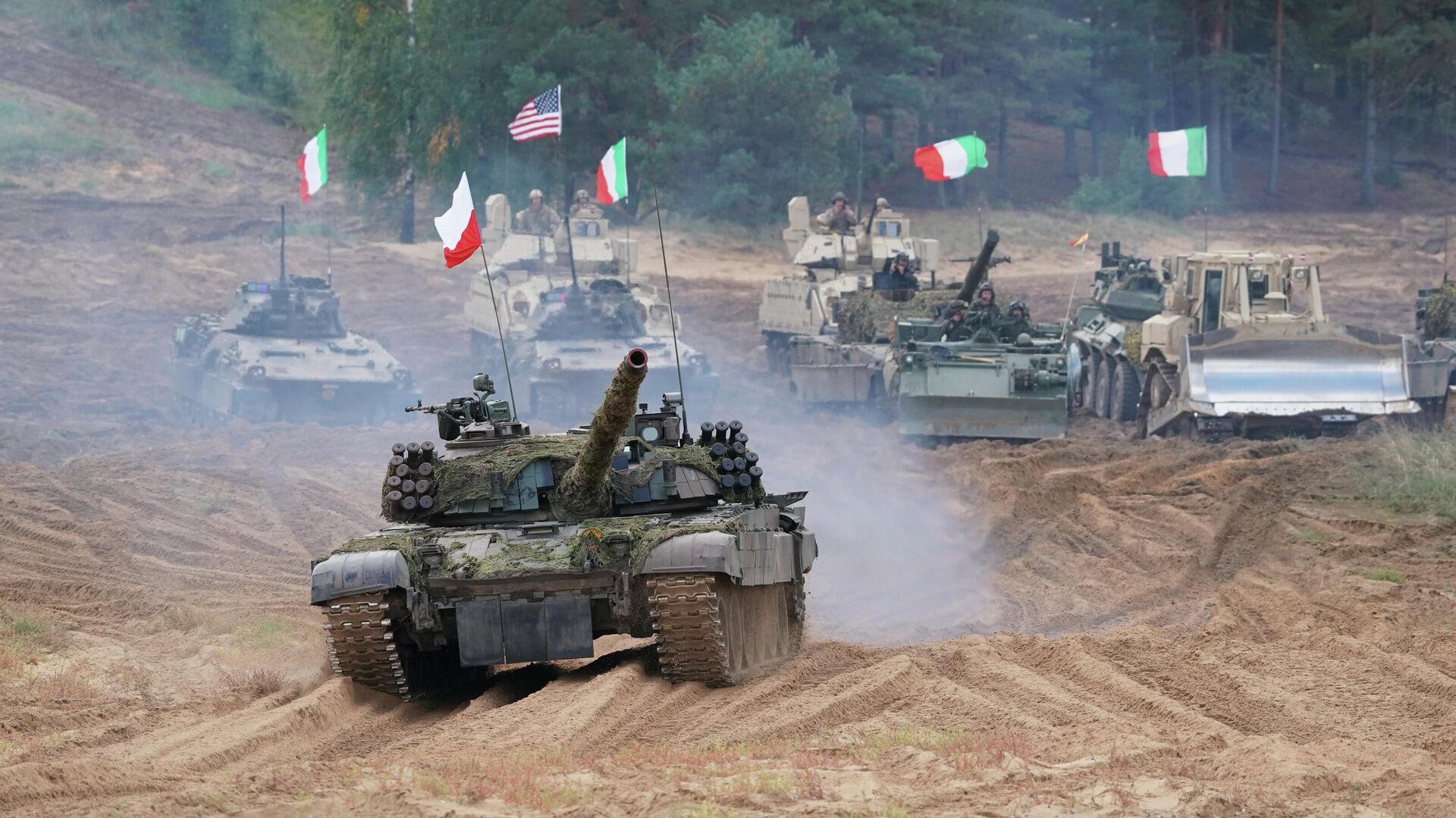https://en.sputniknews.africa/20230929/italy-indirectly-became-participant-in-conflict-on-ukraines-side---russian-ambassador-1062430474.html
Italy Indirectly Became Participant in Conflict on Ukraine's Side - Russian Ambassador
Italy Indirectly Became Participant in Conflict on Ukraine's Side - Russian Ambassador
Sputnik Africa
ROME (Sputnik) - Italy indirectly became a participant in the Ukrainian conflict on Kiev's side, but the point of no return in relations with Russia has not... 29.09.2023, Sputnik Africa
2023-09-29T08:57+0200
2023-09-29T08:57+0200
2023-09-29T08:57+0200
international
italy
russia
rome
north atlantic treaty organization (nato)
ukraine
ukraine crisis
moscow
https://cdn1.img.sputniknews.africa/img/07e7/09/1d/1062430460_0:190:3203:1991_1920x0_80_0_0_aac7128de770de7f8106a66131a25019.jpg
“Russia’s relations with Italy, in my opinion, are now experiencing a dramatic moment. We see that for a year and a half, under the influence of bloc affiliation, external pressure and emotions, Italy has found itself unilaterally torn away from Russia. Rome has become involved in all possible anti-Russian actions - the supply of weapons and intelligence data to the Kiev regime, the spread of anti-Russian Ukrainian propaganda, etc. Alas, like other NATO countries, the Italian Republic indirectly became a participant in the Ukrainian conflict on the side of [President Volodymyr] Zelensky,” Paramonov said. But still, he said, diplomatic relations are maintained between Russia and Italy, which makes it possible to convey Moscow’s position on important issues to the Italian leadership. He said these channels are used to transmit information and maintain at least minimal interstate communication. “We must admit that the damage to bilateral relations has been enormous, but, probably, the point of no return has not been passed yet. But trying to balance unsteadily on its edge is hardly a good, balanced decision,” he said.
italy
russia
rome
ukraine
moscow
Sputnik Africa
feedback@sputniknews.com
+74956456601
MIA „Rossiya Segodnya“
2023
Sputnik Africa
feedback@sputniknews.com
+74956456601
MIA „Rossiya Segodnya“
News
en_EN
Sputnik Africa
feedback@sputniknews.com
+74956456601
MIA „Rossiya Segodnya“
Sputnik Africa
feedback@sputniknews.com
+74956456601
MIA „Rossiya Segodnya“
international, italy, russia, rome, north atlantic treaty organization (nato), ukraine, ukraine crisis, moscow
international, italy, russia, rome, north atlantic treaty organization (nato), ukraine, ukraine crisis, moscow
Italy Indirectly Became Participant in Conflict on Ukraine's Side - Russian Ambassador
ROME (Sputnik) - Italy indirectly became a participant in the Ukrainian conflict on Kiev's side, but the point of no return in relations with Russia has not been passed yet, Russian Ambassador to Rome Alexey Paramonov said in an interview with Sputnik.
“Russia’s relations with Italy, in my opinion, are now experiencing a dramatic moment. We see that for a year and a half, under the influence of bloc affiliation, external pressure and emotions, Italy has found itself unilaterally torn away from Russia. Rome has become involved in all possible anti-Russian actions - the supply of weapons and intelligence data to the Kiev regime, the spread of anti-Russian Ukrainian propaganda, etc. Alas, like other NATO countries, the Italian Republic indirectly became a participant in the Ukrainian conflict on the side of [President Volodymyr] Zelensky,” Paramonov said. But still, he said, diplomatic relations are maintained between Russia and Italy, which makes it possible to convey Moscow’s position on important issues to the Italian leadership.
“Our interlocutors in Rome, including at the top level, constantly say that this is no less important now than before, when the situation in the world was completely different," Paramonov said.
He said these channels are used to transmit information and maintain at least minimal interstate communication.
"We use these channels to transmit information, convey various kinds of official messages, protect the interests of legal entities and individuals, to maintain at least minimal interstate communication and prevent dangerous misunderstandings regarding key aspects on the bilateral and international circuit,” Paramonov said.
“We must admit that the damage to bilateral relations has been enormous, but, probably, the point of no return has not been passed yet. But trying to balance unsteadily on its edge is hardly a good, balanced decision,” he said.

